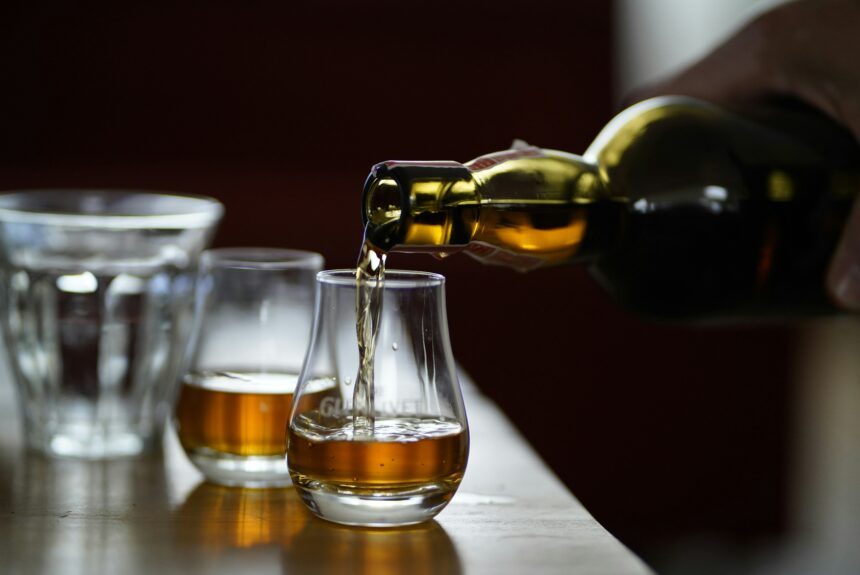Jeff St. John of Canary Media reports on a low-carbon whisky production method.

- Liquor production, particularly whisky distillation, traditionally relies on fossil fuels for heating, resulting in significant carbon emissions and wasted energy.
- The Glentauchers distillery in Scotland has implemented a mechanical vapor recompression (MVR) system, a heat pump-adjacent technology that captures and reuses waste heat, reducing energy usage by 48% and carbon emissions by 53%.
- This technology, along with other heat recovery and electrification methods, is becoming increasingly attractive to food and beverage industries due to rising energy costs, climate change concerns, and government incentives, particularly in Europe and the U.S.
“Chivas Brothers’ £60 million ($76 million) decarbonization plan is built on the heat-recovery project it launched at Glentauchers in 2021. The facility still relies on fossil-fueled boilers, but its new system has cut the distillery’s total energy usage by 48 percent and energy-related carbon emissions by 53 percent by reducing how much it has to use those boilers, according to the company’s case study.”
Read the full article here.
The views and opinions expressed are those of the author’s and do not necessarily reflect the official policy or position of C3.
